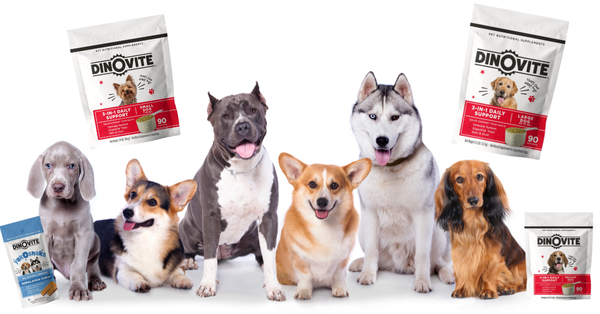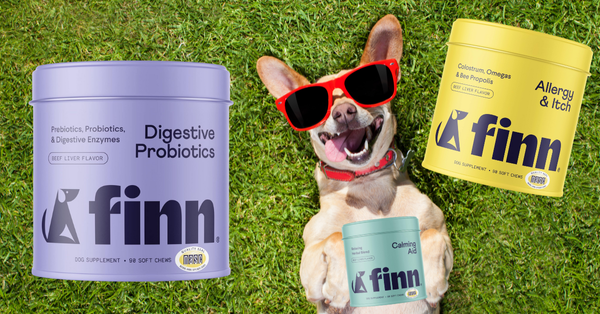Is Salmon Dog Food Beneficial for Your Canine Companion?
Salmon dog food has been gaining popularity among pet owners, and for good reason. As a health-conscious pet parent, it's essential to consider the nutritional needs of your furry friend. Salmon, a nutrient-rich fish, is making its way into dog food formulations, promising a plethora of benefits for your beloved canine companion. Let's delve into the advantages of incorporating salmon into your dog's diet.
The Nutritional Powerhouse: Salmon for Optimal Health
Salmon is a fantastic source of high-quality protein, which is fundamental for your dog's muscle development and overall vitality. Protein aids in repairing cells and supporting the immune system – two vital factors in ensuring your dog's well-being. Additionally, salmon is rich in omega-3 fatty acids, such as EPA and DHA, which play a pivotal role in promoting a glossy coat, reducing inflammation, and supporting cardiovascular health.
Promoting Joint Health with Salmon Dog Food
One of the standout benefits of salmon dog food is its potential to support joint health. Omega-3 fatty acids, found abundantly in salmon, have anti-inflammatory properties that can alleviate joint discomfort in dogs, particularly in aging or active breeds. By incorporating salmon-based nutrition into your dog's diet, you may contribute to improved mobility and enhanced overall comfort.

Aiding Cognitive Function and Development
Just like humans, dogs can benefit from a diet that supports cognitive function. Omega-3 fatty acids, specifically DHA, are known to boost brain health and aid in cognitive development. For puppies, this can mean improved learning abilities, while for older dogs, it could help maintain mental sharpness as they age. Salmon dog food could be a tasty and beneficial addition to your dog's daily meals.
Sensitive Stomachs and Allergies: Salmon as a Digestible Option
If your furry friend has a sensitive stomach or suffers from allergies, salmon dog food might offer a viable solution. It is considered a novel protein, meaning it's less likely to trigger allergic reactions in dogs. Additionally, salmon is relatively easy to digest, making it suitable for dogs with sensitive digestive systems. Always consult your veterinarian before making significant changes to your dog's diet, especially if they have allergies or dietary restrictions.
Transitioning to Salmon Dog Food: Tips for a Smooth Shift
When introducing any new type of dog food, including salmon-based options, it's crucial to do so gradually. Abrupt dietary changes can lead to digestive upset. Begin by mixing a small portion of salmon dog food with your dog's current food, then gradually increase the ratio over a week or two. This transition period allows your dog's digestive system to adjust smoothly.
In Conclusion
Salmon dog food has emerged as a nutritionally rich option for your canine companion. Packed with high-quality protein, omega-3 fatty acids, and potential health benefits ranging from joint support to cognitive enhancement, it's worth considering as a part of your dog's diet. Remember, each dog is unique, so consulting your veterinarian before making dietary changes is always recommended. By choosing salmon dog food, you're taking a proactive step towards ensuring your dog's overall well-being and vitality.












